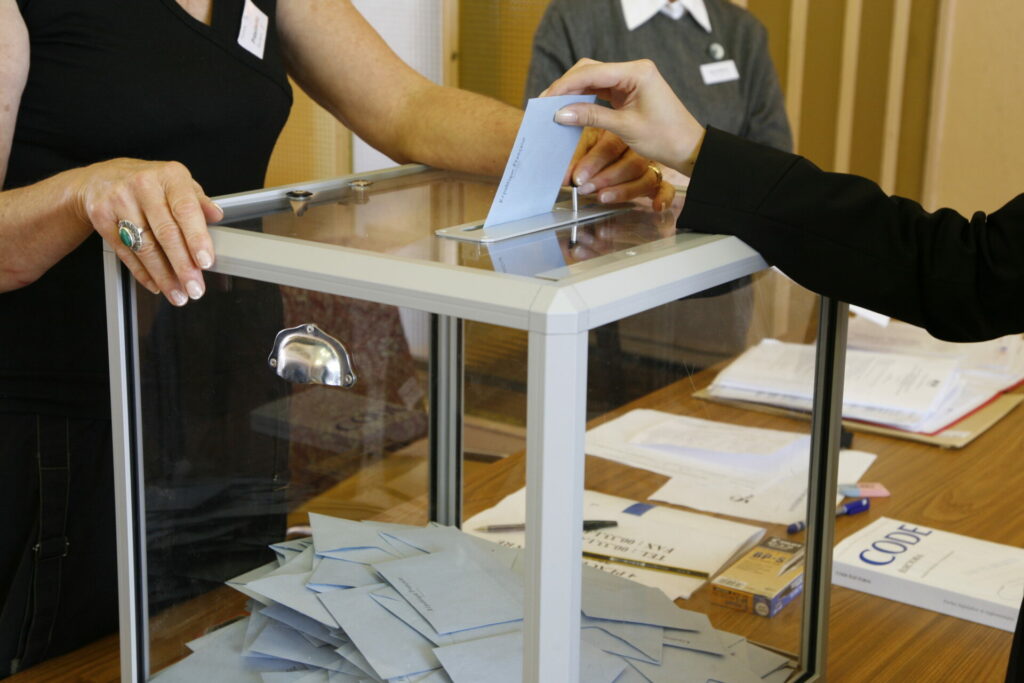"Social elections" kicked off today, giving almost two million Belgian workers the chance to appoint trade union representatives in the workplace.
Every four years, these trade union elections in over 7,000 Belgian companies allow almost two million workers to appoint trade union representatives to 11,20o representative bodies: 7,200 different 'Committees for Prevention and Protection at Work' (CPPTs) and 4,000 'Enterprise Councils' (CEs). The former concerns companies with over 50 employees and the latter for those with over 100 employees, and the vote will close on 26 May.
"Social elections start today! This is an opportunity to bring democracy to life in the workplace," Federal Economy Minister Pierre-Yves Dermagne posted on X (formerly Twitter).
"The presence of unions in workplaces strengthens job security, provides more opportunities for workers to exercise their social security and labour rights and gives more possibilities to benefit from training offered by their employer," Jean-Marc Urbain, Federal Secretary CSC Mons-La Louvière, told Belga News Agency.
🗳️ Les élections, c’est la démocratie ! Chez nous, elle est politique mais aussi sociale. C’est par elle que les travailleurs peuvent défendre leurs droits. Les élections sociales commencent aujourd’hui ! C’est l’occasion de faire vivre la démocratie sur le lieu de travail. 🙏 pic.twitter.com/bvyy63Hi0t
— Pierre-Yves Dermagne (@PYDermagne) May 13, 2024
Translation: Elections are democracy! For us, this is both political and social. Workers can defend their rights through the vote. Social elections start today! This is an opportunity to bring democracy to life in the workplace.
This is the one time when trade unions break their united front to compete against each other. During the last election in 2020, which was postponed due to the Covid-19 pandemic, the CSC gained 50% of votes, the FGTB 35%, and the CGSLB 13%.
Election fever
The pandemic prompted the introduction of electronic voting, which is expected to increase participation (unlike other Belgian ballots, voting is not compulsory).
Despite the fact that inflation and the subsequent cost-of-living crisis have weighed heavily on trade unions' minds throughout the current mandate, working conditions take centre stage during these elections more than anything else. This includes everything from meal cheques to teleworking arrangements.
Nevertheless, this year's social elections are coinciding with a flurry of other ballots and are seen by trade unionists as an opportunity to put pressure on the next mandated government to address their social and economic objectives.
Related News
- Proportional representation in Belgium: How does it work?
- 'Austerity 2.0': EU budgetary rules approved despite long-standing opposition campaign
- Belgian elections for dummies
"Our [workplace] representatives are our main driving force," FGTB Federal Secretary Selena Carbonero Fernandez told l'Echo. "They establish a balance of power on the ground, without which it would be impossible to achieve victories at cross-industry level, such as raising the minimum wage or improving working conditions."
Aside from these political dynamics, the main topics on the table throughout the elections are purchasing power and work-life balance.
According to a recent study published by HR services provider Acerta, one third of companies in Belgium will not organise social elections due to a lack of candidates.

